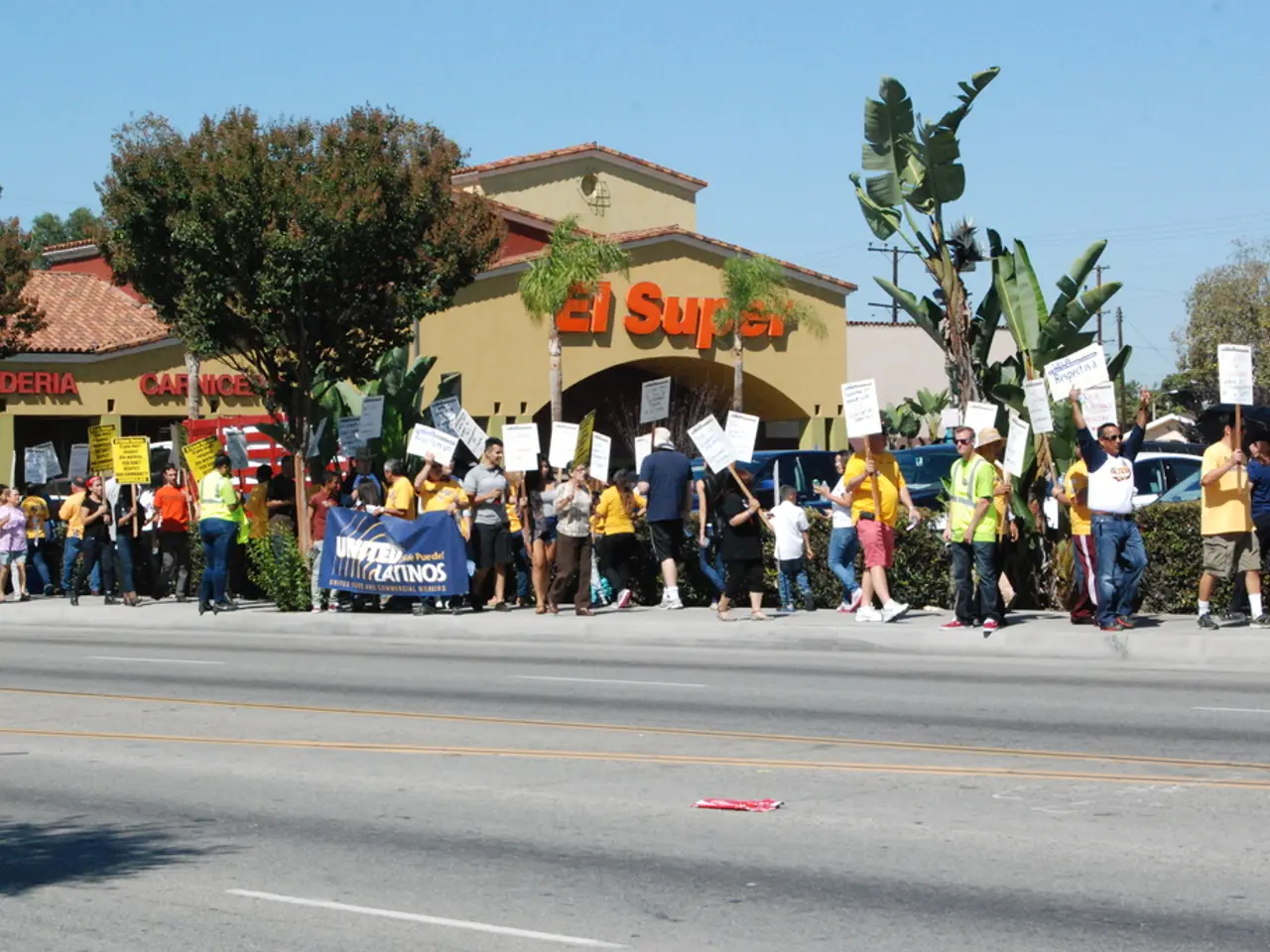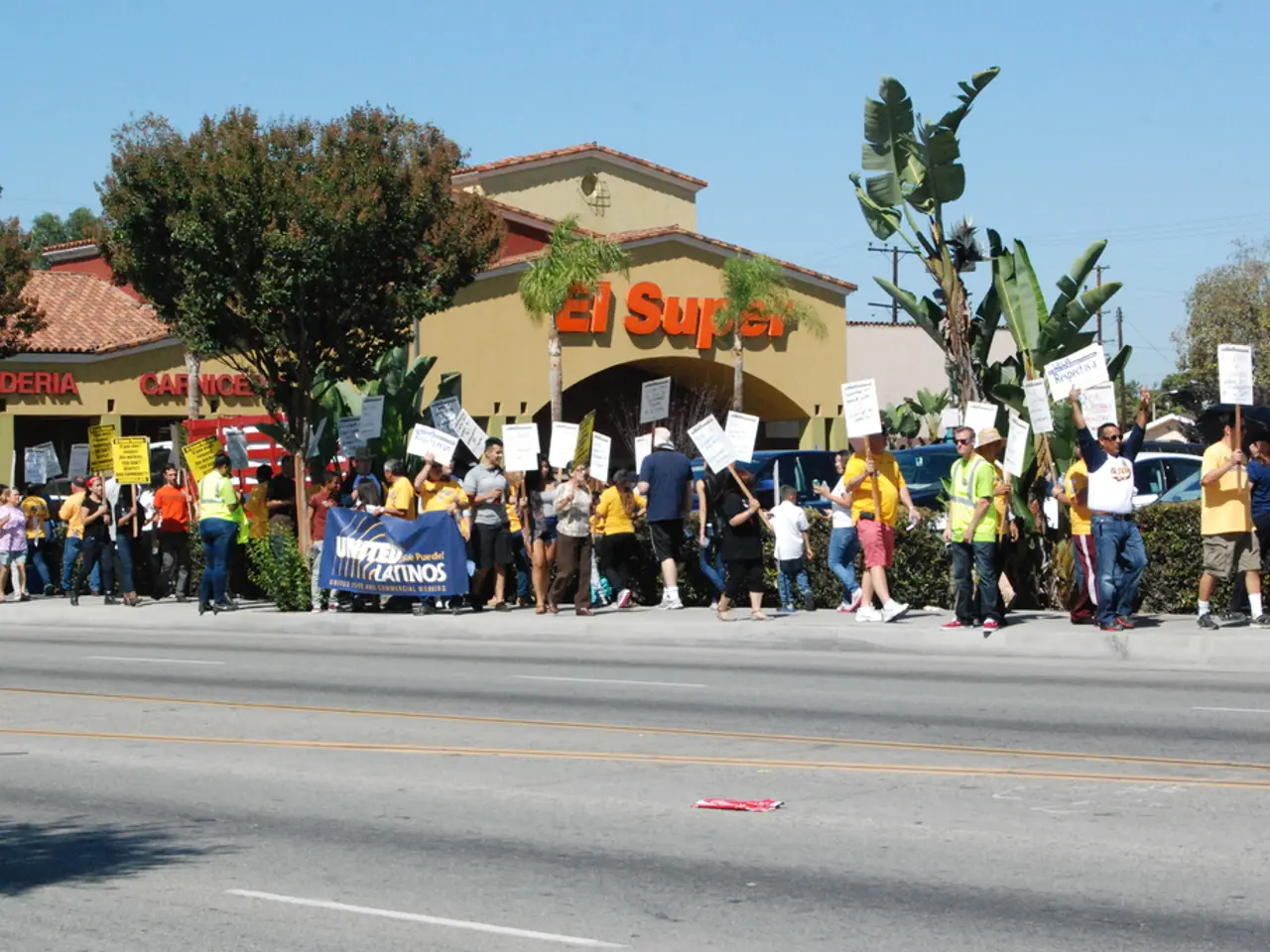Controversy swirls around Filipino political dynasties, with European monitors expressing concern and advocating for electoral change.
The European Union's Election Observation Mission (EU EOM) has released a report detailing the current political landscape and electoral issues in the Philippines following the May midterm elections. The report underscores the continued dominance of dynastic families in Philippine politics, particularly the Marcos and Duterte clans, and the challenges this presents for democratic consolidation.
Marta Temido, the chief observer of the EU EOM, noted that the 2025 Philippine House of Representatives elections saw the Lakas–CMD party, aligned with President Ferdinand "Bongbong" Marcos Jr., win a significant number of seats (103 seats), consolidating their control in the House. This dominance was also evident in the Senate election, where the ruling coalition (Alyansa para sa Bagong Pilipinas) won a majority of the contested seats, further solidifying the Marcos-led political establishment.
The report further highlights that the political landscape remains susceptible to vote-buying, patronage, and the entrenched power of dynasties, which compromises the democratic process. The intense rivalry between the Marcoses and Dutertes has escalated into a "scorched-earth" style political battle, reminiscent of the authoritarian period under the elder Ferdinand Marcos. This intense dynastic conflict worsens political polarization and undermines stable democratic governance in the country.
The EU EOM has identified the outdated legal framework in the Philippine electoral process as a key issue, raising barriers to accountability and reform. Nearly half of the provisions in the Philippines' 1985 omnibus election code are now obsolete, according to Marta Temido. The electoral legislation is currently "scattered and not harmonised", she stated, which complicates efforts to address ongoing issues such as vote-buying, election-related violence, and disorganized electoral legislation.
The report also suggests that institutions meant to promote inclusive governance in the Philippines are not achieving this goal. Two-thirds of party-list seats reserved for under-represented sectors are held by dynastic families, according to the report. The outdated legal framework and the concentration of political power within a small circle of elite families have hindered efforts to promote more inclusive, accountable governance.
The EU EOM monitored the May midterm polls in the Philippines at the invitation of the Philippine government. The mission's observations underscore the need for accountability and reform in the Philippine electoral process. Despite the commitment to democracy shown by Filipino voters, the issues persist, and the EU EOM encourages the Philippine authorities to address these challenges to strengthen the democratic process and ensure more inclusive, accountable governance.
References:
[1] Rappler, (2025). Marcos ally Romualdez elected Speaker of House. Retrieved from https://www.rappler.com/nation/313218-martin-romualdez-speaker-house
[2] ABS-CBN News, (2025). Marcos-led coalition dominates House of Representatives. Retrieved from https://news.abs-cbn.com/politics/10/01/25/marcos-led-coalition-dominates-house-of-representatives
[3] CNN Philippines, (2025). Marcos-led coalition wins majority in Senate. Retrieved from https://cnnphilippines.com/politics/2025/05/15/Marcos-led-coalition-wins-majority-in-Senate.html
[4] Reuters, (2025). Marcos, Duterte clans dominate Philippine politics, deepening polarization. Retrieved from https://www.reuters.com/world/asia-pacific/marcos-duterte-clans-dominate-philippine-politics-deepening-polarization-2025-05-16/
- The EU EOM's report on the Philippine political landscape points out that the policy-and-legislation sector, specifically the electoral process, faces significant challenges, including the outdated legal framework and the prevailing dominance of dynastic families such as the Marcos and Duterte clans in society, which compromises democratic consolidation.
- In the general-news sphere, it has been reported that the 2025 Philippine House of Representatives elections saw the Lakas–CMD party, allied with the Marcos family, win a majority of seats, consolidating their control in the House and further solidifying their political power in the country, escalating the ongoing dynastic conflict and contributing to political polarization.




